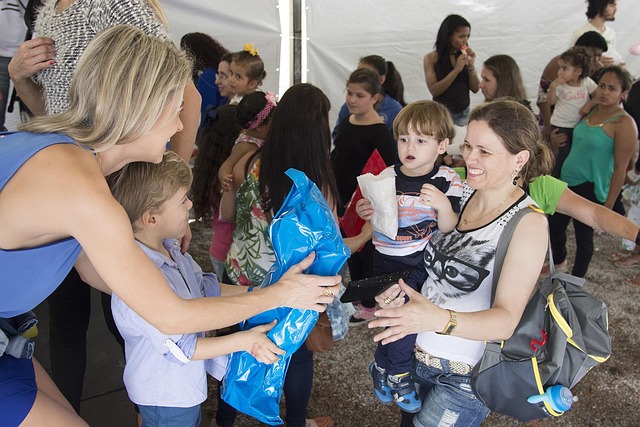
“Empowering Communities: The Impact of Voluntary Assistance”
Empowering Communities: The Impact of Voluntary Assistance
In an ever-evolving world, the strength of a community lies not in its resources or infrastructure, but rather in the spirit of its members to come together and support one another through voluntary assistance. This selfless act of lending a helping hand can create ripples of positivity that uplift individuals and bind communities together.
Voluntary assistance is more than just a service; it’s a powerful expression of empathy and solidarity. When individuals volunteer their time and energy, they forge connections that foster trust and collaboration. Whether it’s through helping out at local shelters, assisting in community clean-up days, or mentoring youth in need, these acts contribute to a greater sense of belonging within the community. People begin to feel that they are part of something larger than themselves, and that collective identity can spark the motivation necessary for social change.
The benefits of voluntary assistance extend beyond the immediate impact on those receiving help. Volunteers themselves experience profound growth and enrichment. By stepping out of their comfort zones, volunteers often discover new skills, develop leadership qualities, and cultivate a deeper understanding of the challenges others face. This shared experience builds resilience and empowers individuals to become advocates for their communities, creating a continuous cycle of support.
Moreover, communities that emphasize voluntary assistance tend to strengthen social bonds and decrease isolation among residents. In many urban areas, individuals can feel disconnected from their neighborhoods, leading to a sense of alienation. Voluntary activities provide a platform for engagement, where individuals can meet neighbors, share experiences, and develop lifelong relationships. The simple act of showing up for one another can break down barriers and dismantle stereotypes, leading to a more inclusive and harmonious society.
It’s essential to recognize that voluntary assistance can also lead to advocacy for systemic change. Many volunteers find their passions align with social justice issues, such as homelessness, education, or environmental conservation. As volunteers gain awareness of these issues, they often become champions for change within their communities, advocating for policies that address root causes and create long-lasting solutions. Their grassroots efforts can inspire broader movements, proving that collective action can lead to significant societal transformations.
As we navigate the complexities of modern life, let us not underestimate the power of voluntary assistance. When we choose to uplift one another through our actions, we create a ripple effect of kindness that can invigorate entire communities. The next time you consider offering your time or skills, remember that your efforts not only benefit those in need but also contribute to a culture of compassion and empowerment that uplifts us all.



